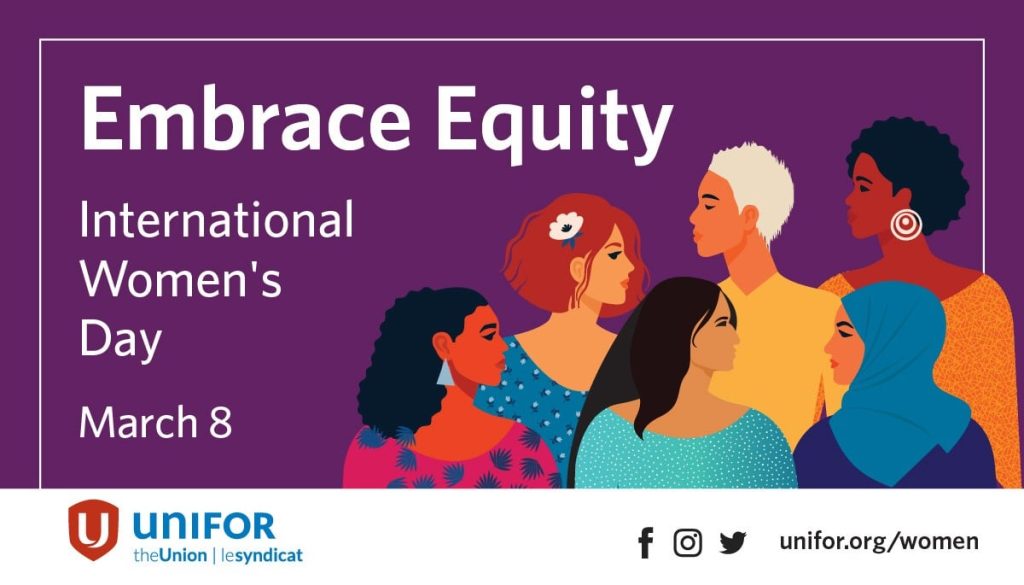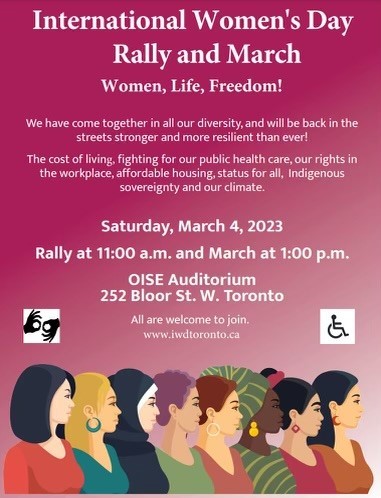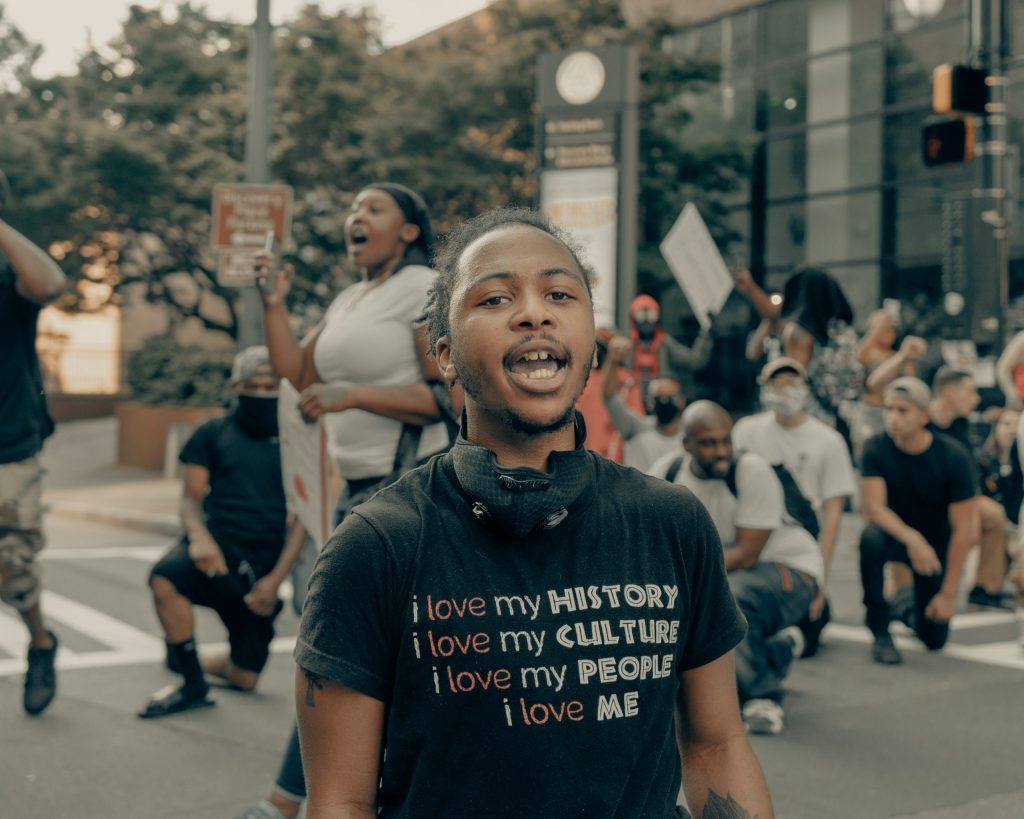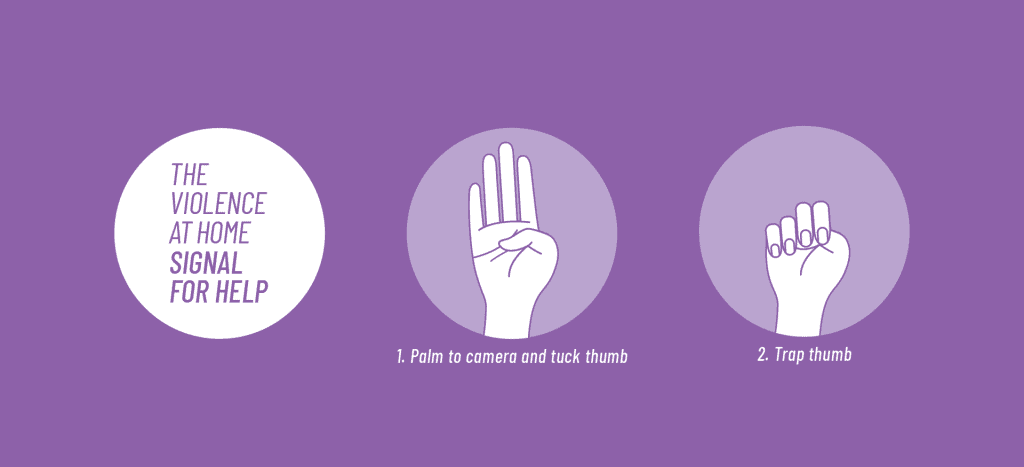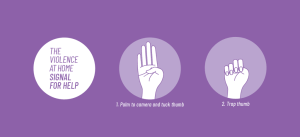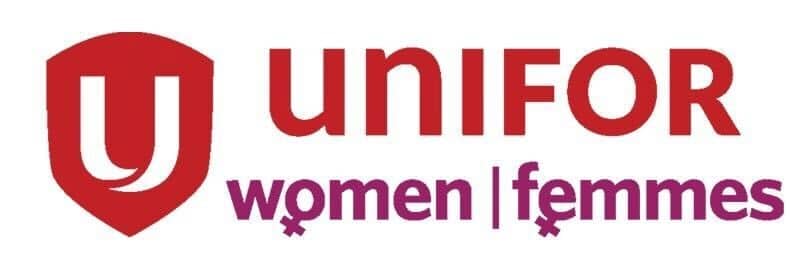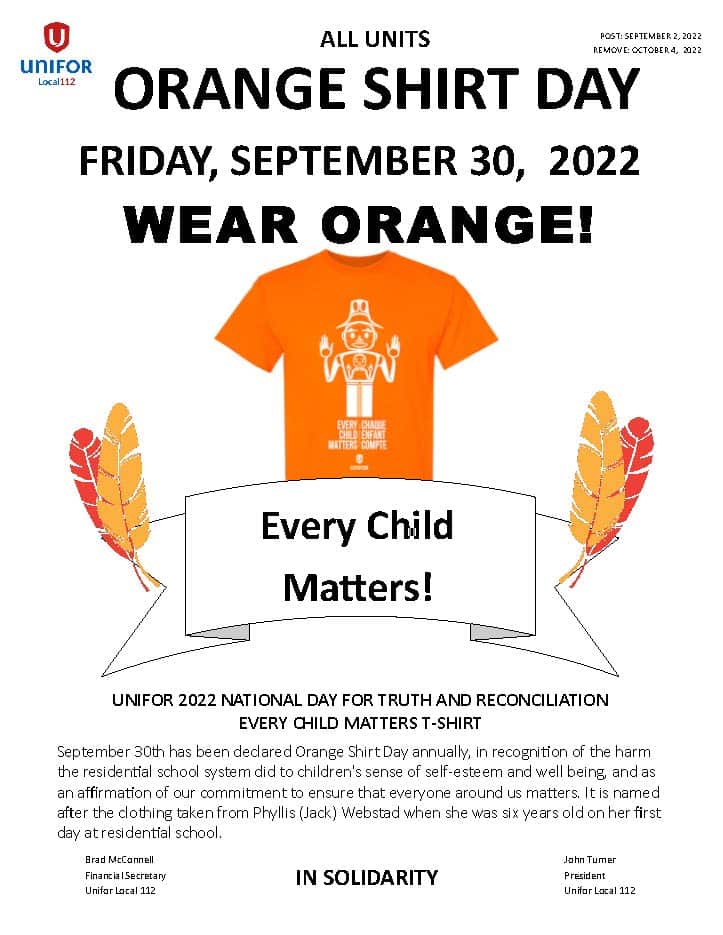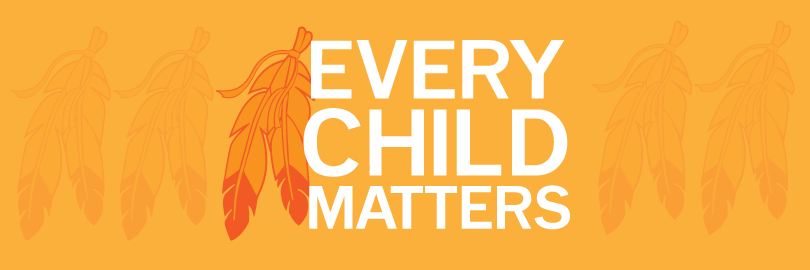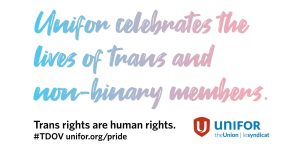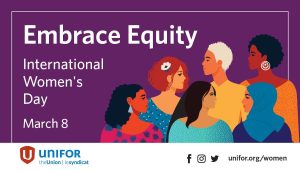
International Women’s Day (IWD) is a day to celebrate and recognize the incredible contributions working women have made and continue to make in our country and around the world, and to regroup to face the challenges ahead.Since the pandemic began, we have been overwhelmed by changes to our daily lives and to the way we work. In many ways, society is forever changed and markedly different from what it was even three years ago. As we mark International Women’s Day, we are reminded that in times of societal change, we need to push for those changes to be inclusive and equity-driven, to move us closer to a more equal world. We remember that International Women’s Day is rooted in the collective action of working women who came together on March 8th for gender equality, and for social and economic justice for everyone. Today, much work remains to be done to ensure spaces are accessible to all women, non-binary, and trans equally. This includes the digital space.
The United Nations is marking IWD with their chosen theme:
DigitALL: Innovation and technology for gender equality. In their statement, the UN says this aligns with the priority theme for the upcoming 67th Session of the Commission on the Status of Women, “Innovation and technological change, and education in the digital age for achieving gender equality and the empowerment of all women and girls”.
In simpler terms, we must use technology to advance gender equality.
While technology and online spaces have brought opportunities to build sisterhood in solidarity, they have also opened the door to anonymous and targeted gender-based violence and harassment.
The unrestricted sharing of information also allows misogynist groups to thrive despite their hateful messages that are harmful and hurtful to the lives of women, girls, and gender perse people.
Women are more likely to face sexual harassment, cyberstalking, cyberbullying and other forms of online abuse. This can cause fear and anxiety, limiting their ability to participate in online activities and often spills over into their lives away from technology.
Where technology can be healing and helpful is when it helps us build connections and communities. Women now have more access to resources and information, allowing them to make more informed decisions about their lives and learn from each others’ struggles and to support feminist campaigns around the world.
Women in Iran and Afghanistan are facing extreme risks to their lives as they strive to claw back their autonomy and their right to education from oppressive, authoritarian governments. Women in the United States are waging a battle to reclaim their reproductive rights following the devastating overturning of Roe v. Wade. Unifor sisters stand in solidarity with them and continue our fight for stronger legislative protections of abortion rights and better access to reproductive care here at home.
In our union’s work to combat the online harassment of journalists and media workers, we fight for gender equality.
In our union’s work to bargain gains for women in the workplace, including through pay equity and the women’s and racial justice advocate programs, we fight for gender equality.
In our union’s work to defend and expand public health care in Canada, and protect the working conditions of health care workers, we fight for gender quality.
In our union’s work to fight for good jobs and fair wages for everyone, across all sectors and in every region of the country, including on picket lines where workers are on strike or locked-out, we fight for gender equality.
In our effort to build an inclusive and representative union for everyone, we fight for gender equality.
The International Women’s Day organization is also reminding us today to #EmbraceEquity. We welcome everyone into every space and raise awareness about discrimination, in all its forms.
Today we celebrate the amazing achievements of working women who are making a positive difference in the world. Let us take the opportunity to applaud the women trailblazers, supporters, nurturers, activists and fighters in our lives, near and far, and thank them for all they do.
Together, we are building a better world for everyone.
Read this statement on our website here.
